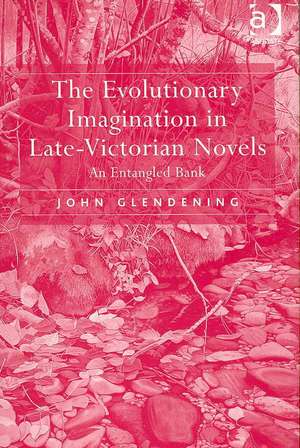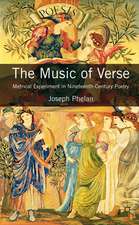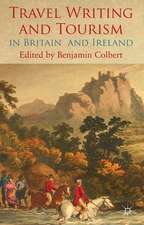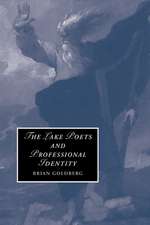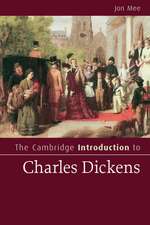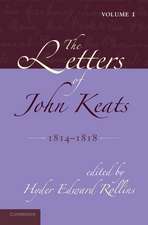The Evolutionary Imagination in Late-Victorian Novels: An Entangled Bank
Autor John Glendeningen Limba Engleză Hardback – 19 iun 2007
Preț: 1054.71 lei
Preț vechi: 1286.24 lei
-18% Nou
Puncte Express: 1582
Preț estimativ în valută:
201.81€ • 211.28$ • 166.99£
201.81€ • 211.28$ • 166.99£
Carte tipărită la comandă
Livrare economică 05-19 aprilie
Preluare comenzi: 021 569.72.76
Specificații
ISBN-13: 9780754658214
ISBN-10: 075465821X
Pagini: 234
Dimensiuni: 156 x 234 x 14 mm
Greutate: 0.45 kg
Ediția:1
Editura: Taylor & Francis
Colecția Routledge
Locul publicării:Oxford, United Kingdom
ISBN-10: 075465821X
Pagini: 234
Dimensiuni: 156 x 234 x 14 mm
Greutate: 0.45 kg
Ediția:1
Editura: Taylor & Francis
Colecția Routledge
Locul publicării:Oxford, United Kingdom
Cuprins
Contents: Prologue: Tierra del Fuego, 1832-33; Introduction; 'Green confusion': evolution and entanglement in Wells's The Island of Doctor Moreau; The entangled heroine of Hardy's Tess of the D'Urbervilles; What ' "modernity" cannot kill': evolution and primitivism in Stoker's Dracula; Death and the jungle in Conrad's early fiction; Conclusion; Epilogue: Galapagos 1835 (2004); Works cited; Index.
Recenzii
’Through close reading and careful contextualization, Glendening [...] persuasively delineates the impact of evolutionary anxieties on the fin-de-siècle British novel....Recommended.’ Choice ’... frequently eloquent and astute about Hardy's fictional assimiliation of scientific pursuits that attempt to reconstruct the trajectory of man's collective past... Glendening's book is a trenchant addition to research produced by such seminal commentators as Gillian Beer, Roger Ebbaston, Peter Morton, Roger Robinson and James Kasner.’ Hardy Society Journal ’Glendening's book makes a sterling contribution to our understanding of the cultural and literary implications of the development hypothesis. With its magisterial command of primary and secondary materials, its clearly articulated structure and the directness of its style, The Evolutionary Imagination offers a genuinely wide-ranging perspective on the 'entangled bank' and its literary forms. ... certainly demands to be read as a richly rewarding analysis of the fertile literary problematic inherent in the fin de siècle trope of the entangled bank.’ Review of English Studies
Notă biografică
John Glendening is Professor of English at the University of Montana, USA.
Descriere
Dominated by Darwinism and its numerous guises, evolutionary theory presented opportunities and difficulties for late Victorian novelists. John Glendening shows how a range of texts, from The Island of Doctor Moreau and Dracula to Heart of Darkness, address the interrelationship between order and chaos uncovered by evolutionary thinking. His focus is on how these authors stressed, not objective truths, but rather the contingencies and confusions generated by theories of evolution.
